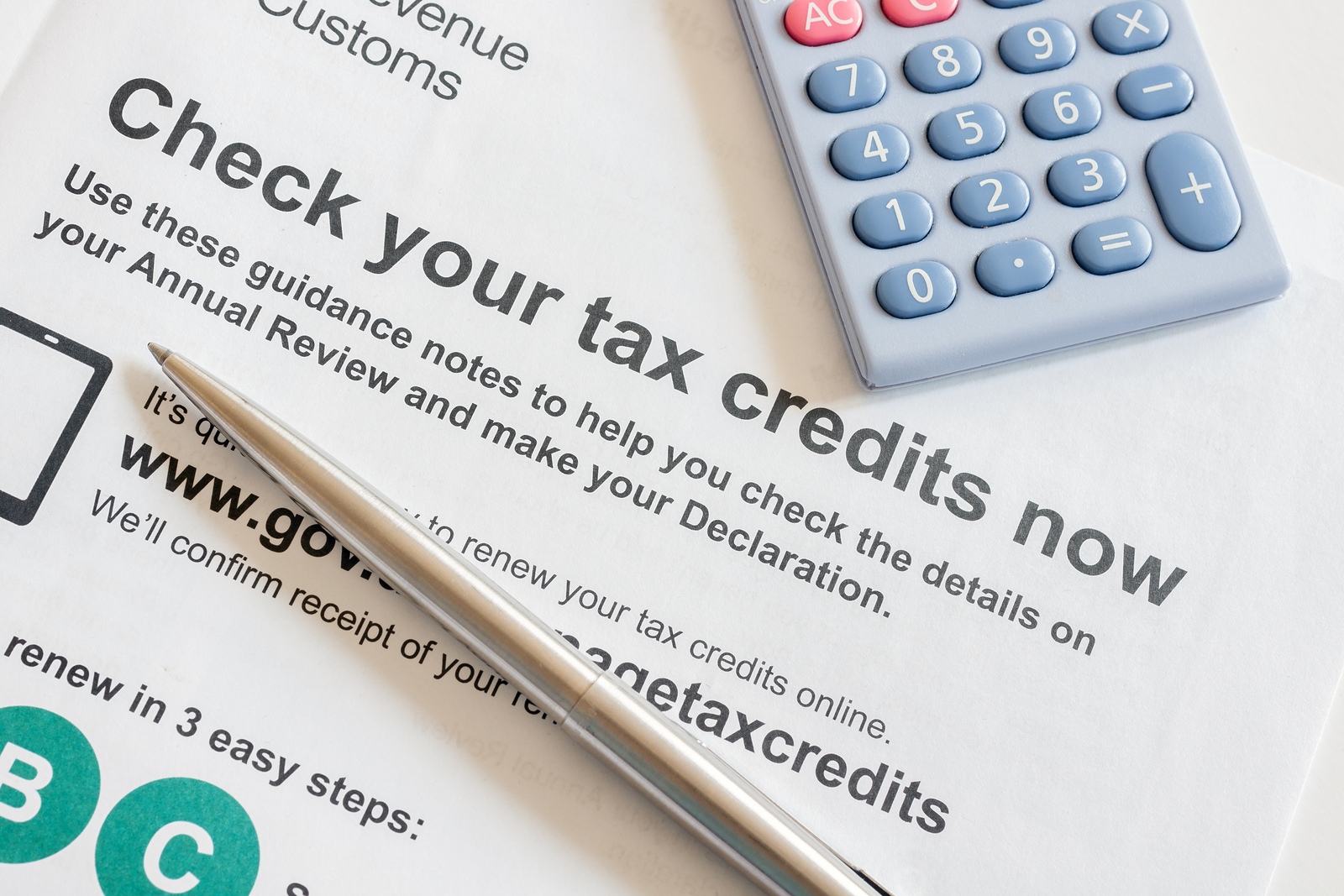The very short answer to this question is yes, your employer can collect any tax you owe on self-employed income through your PAYE tax code.
Like most things relating to tax and business though, this does come with a few considerations: your tax code will change, and the deadline to submit your tax return will be earlier than normal.
Paying your tax bill through an employer
If you have your own business or if you run a side hustle alongside a job, you may be able to pay your self-employment tax through your employer as long as they already make deductions from your pay through the Pay As You Earn (PAYE) system.
In other words, if your employer deducts tax and National Insurance from your wages and sends these on to HMRC, then they can also collect an additional amount for your Self Assessment tax bill.
It’s not just your employer that can do this, either. If you receive a company pension, then this might also be taxed under PAYE, so any tax owed from self-employment can also be collected this way.
What is a PAYE tax code?
Your tax code tells your employer or pension provider about any tax allowances that you’re entitled to. For instance, the 1257L tax code shows that you’re eligible for the full £12,570 Personal Allowance. Your employer or provider then uses this tax code to determine how much tax and National Insurance must be deducted from your payments.
The combination of numbers and letter(s) in a tax code represents a person’s individual tax circumstances and is influenced by things like:
- Additional sources of income
- Additional tax liabilities or obligations
- How much tax-free personal allowance the person is eligible for
- Any other allowance or deductions they may qualify for
It’s important to check your tax code regularly to ensure you’re not underpaying or overpaying tax through an incorrect code.
Who can pay self-employed tax through an employer?
There are a few conditions you’ll need to meet in order to pay your self-employment tax bill through your PAYE tax code. To be eligible, you must:
- Owe less than £3,000 on your tax bill (this refers to the full amount; no partial payments)
- Be an employee or receive a company pension and therefore already have been issued with a PAYE tax code that you currently pay tax from
- Have either submitted a paper Self Assessment tax return by 31st October or an online tax return by 30th December. Learn more about Self Assessment tax return deadlines.
You won’t qualify to pay your tax bill via your employer if:
- You’ve made a partial payment to lower the amount of tax you owe to below £3,000
- You haven’t earned a sufficient amount of PAYE income for HMRC to collect your tax
- It would mean you end up paying twice as much tax as you normally would
- You would pay more than 50% of your PAYE earnings in tax
If you do qualify, HMRC will simply collect the tax you owe automatically through your PAYE tax code, unless you specifically request that they don’t.
Some pros and cons to consider
The benefits of paying your self-assessment tax bill through your employer include:
- Convenience: Doing it this way means you don’t need to worry about making manual tax bill payments.
- Meeting deadlines: Removing the need for manual payments also removes the need to remember tax payment deadlines. Automating the process by paying through your employer therefore helps you avoid late payment penalties from HMRC.
- Cash flow: Paying through your employer means your tax is collected in equal installments throughout the year, which is good news for cash flow.
However, there is one main factor to take into careful consideration before you go ahead…
If you choose to pay your Self Assessment bill through your employer, your tax code will change, and this may alert your employer to your side hustle or business.
If this is something you’ve been open about and had signed off, there’s nothing to worry about. However, if a business or side hustle is something you’d prefer to keep to yourself, paying your tax bill through your PAYE code probably won’t work for you.
If having a side hustle or additional source of earning isn’t permitted in your employment contract, this presents a more serious issue. If your employer finds out that you’re in breach of your agreement, you could lose your job.
It’s also worth noting that you’ll only be able to pay the tax element of your bill through your tax code. You will still need to pay any National Insurance separately.
Important deadlines for paying Self Assessment through your tax code
If you qualify and you want to pay your tax bill through your employer, then the 31st January online filing deadline will not apply to you. To pay your bill through your tax code you must either:
- Submit your tax return online by 30th December
- If you prefer to submit a paper tax return, you will need to do so by 31st October
Looking for more business support? Head over to our info hub for more news and resources.








Leave a Reply